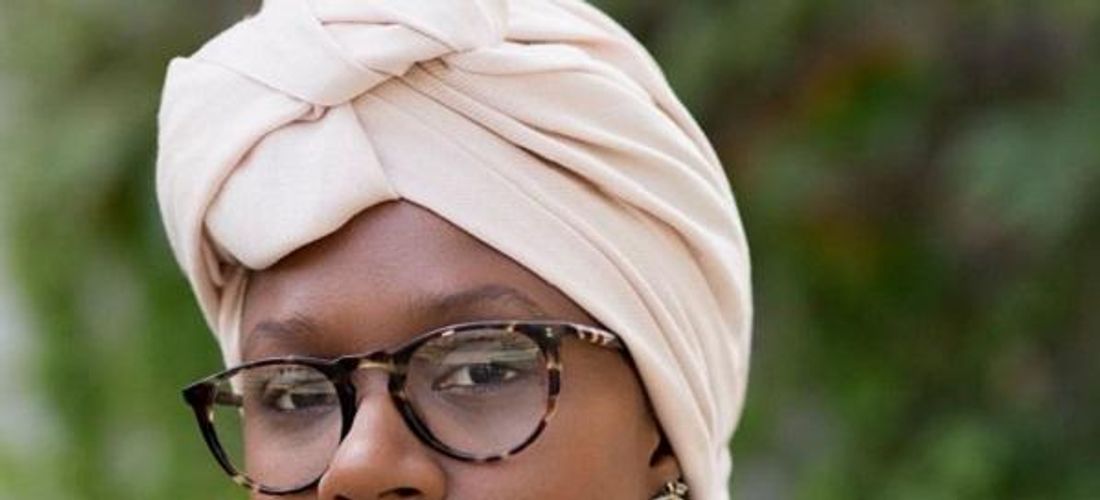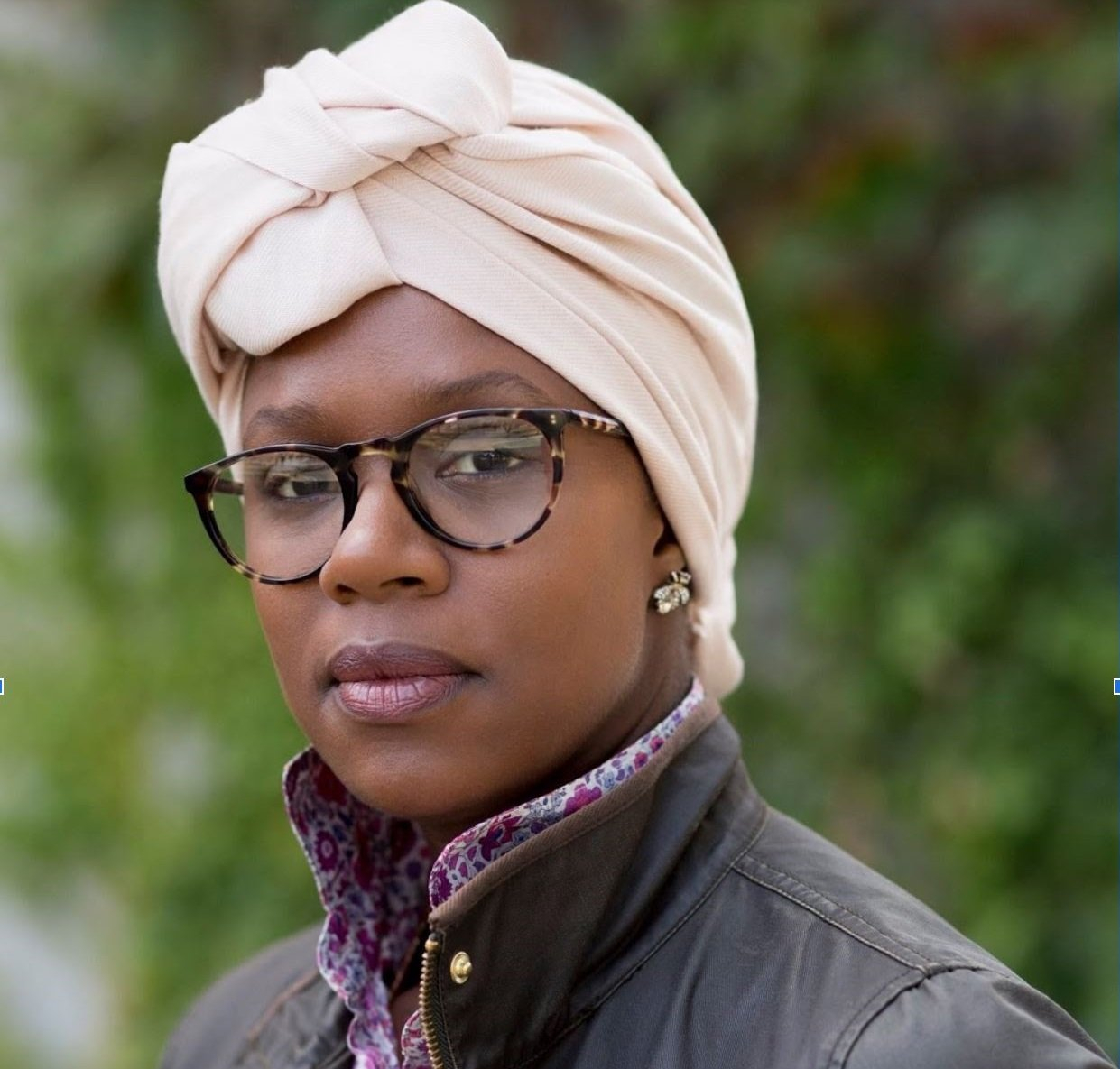Seasons of Resistance – Black Muslim Women Working Months of Intersections
Community
|
Feb 7, 2020
|
2 MIN READ

By Layla Abdullah-Poulos
January not only ushers in a new year but an increased focus on the histories and experiences of people across social intersections. It starts with annual events and national holidays, like the Women’s March and Dr. Martin Luther King Jr. day in January, then Black History Month and World Hijab Day in February, Women’s History Month follows in March and Malcolm X is honored in May.
All of the aforementioned are necessary for our society, which is steeped in Eurocentric, White Supremacist patriarchy with tendencies to skew histories, favoring cisgender, able-bodied White men and White women as the embodiment of who we are as Americans. Yeah, that’s basically a load of wrong, because we all know that without the people existing outside of those limited parameters, there would be no America.
Some may decry the necessity of spending a day, week or month shedding a lens on specific cultural experiences. However, I think that centering the uniqueness of a people aligns with Allah's (S) ayah:

O mankind, indeed We have created you from male and female and made you peoples and tribes that you may know one another. Indeed, the noblest of you in the sight of Allah is the most righteous of you. Indeed, Allah is Knowing and Acquainted. (Quran 49:13)
The human condition is prone to supremacy and tribalism, rooted in kibr (arrogance), two diseases of the heart that are the foundational catalysts for social oppressions plaguing us. Black History Month is not a cure, but it and other social awareness endeavors offer opportunities for those of us inundated with social messaging to resist layers of external and internalized oppression, empower ourselves by driving our cultural narrative and equipping ourselves with the knowledge that we are more than the stereotyped representations permeated by the dominant culture.

Cjala Surratt, community advocate and activist
So, people often get very busy during the season of resistance, especially those navigating multiple marginalized intersections. With ownership in an array of social identities and heritages, Black Muslim women connect various aspects of resistance, making their voices and perspectives invaluable contributions to combating suppression and hegemony.
Black Muslim women scholars, thought leaders and activists can provide rich analyses of how systems of oppression coordinate and coalesce. Below is a speech by community advocate and activist Cjala Surratt at a recent Women’s March rally in a Syracuse, NY church. She draws from intersections of resistance owned by her. Her words give a powerful, rich introduction to our season of resistance.
So, we marched – My name is Cjala Surratt, I am a Black American, Muslim Woman. I am not of the faith-tradition of this beautiful house of worship, the destination of this Women’s March, this gathering, far removed from communities most directly affected by the systems of oppression for which you crafted signs and chants. Though not a congregant, I will admit to a small du'a (prayer), possibly silly in its petition but earnest in its intent –“Would those posters held by marchers in the winter winds become reflective surfaces to help unmask conditional allies and All Lives Matter devotees. Help prevent ‘solidarity’ harms and trauma inflicted when programs, policies, and events are instituted ‘for us’ but without us present, asked, or even really considered. Ameen.”And so we marched, and I reflected on sanctuary, not only the physical place in which we sit now but the promised places of sanctuary, solace, peace – spaces devoid of idealistic chants and colorful banners, where sanctuary isn’t only extended to tokenized individuals who stay within the confines of respectable and comfortable. #diversityquotamet
To speak within these walls and not invoke the name the Dr. Martin Luther King Jr. feels disrespectful. Inevitably, our social media in the coming days will be flooded with inspirational quotes that call for us to entwine our inclusive, intersectional souls on the mountain top. I would like to see the view from that equity peak, but if I am being honest, I'm not sure I trust my trekking partners. Too often an ally’s unpacking of power is abandoned for a feel-good kumbaya melody from the hymnal of complacency and white privilege.Like congregation services I have been privileged to observe, from this solidarity pulpit, swaddled in the vestments of peacemaking, divined by the organizers of the Syracuse Women’s March, I enjoin you, ask you, implore you to consider your proximity to power and systems that call upon black and brown bodies to show up, to educate, to wipe white fragility tears, and to applaud savior policies that adversely affect our communities – legacy harms that will take generations to unravel.How can we travel this path together, when lived experiences, humiliations, and trauma are diminished and swept away on a tide of weaponized excuses. “I’m colorblind. I don’t see color. I love your culture, music, food. hair ... but not enough to love you out of poisoned housing, police brutality, displacement, gentrification, gerrymandering, generational poverty, inadequate schools, violation of tenants’ rights, or food deserts, or enough to sit down and pass the microphone. Next year will we march ...
Image of Suratt giving her speech at the Syracuse Women's March on January 18, 2020. Image source: Cory Henry
Subscribe to be the first to know about new product releases, styling ideas and more.
What products are you interested in?

